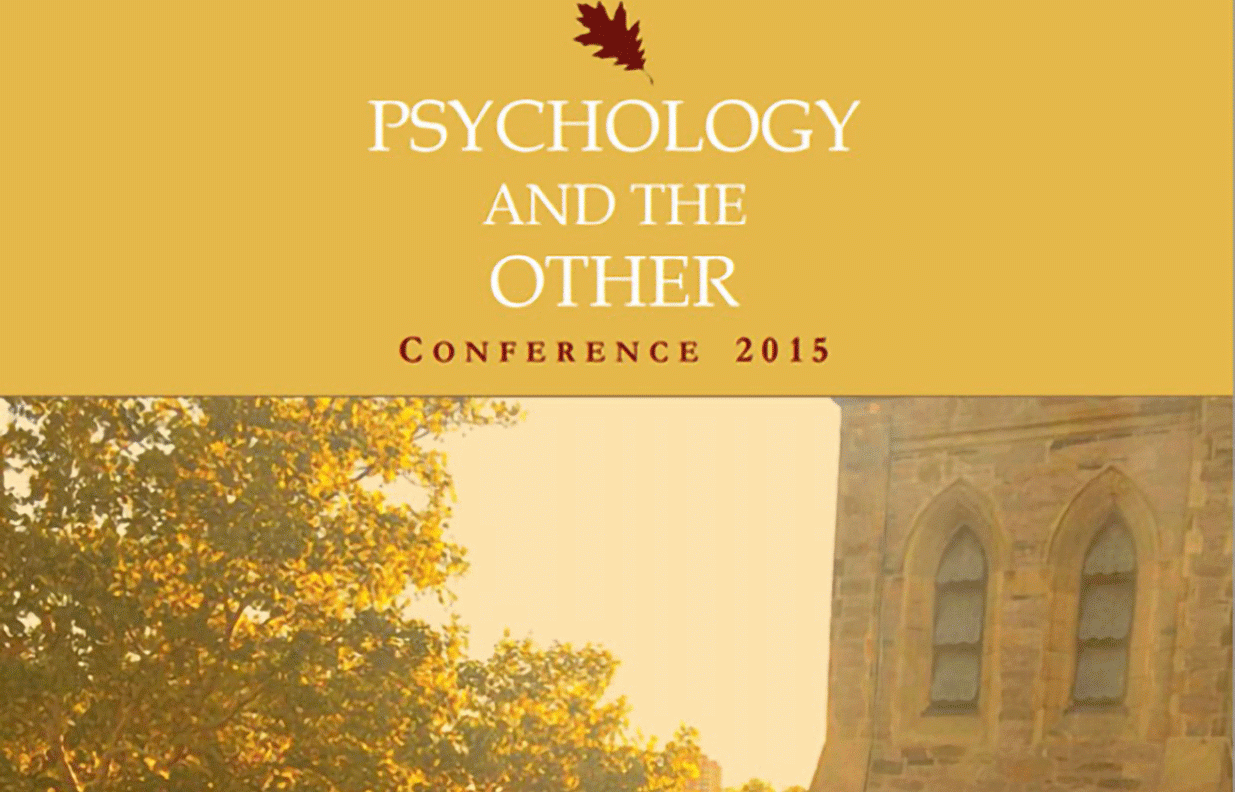In a lecture titled “Architecture and its Pasts” Mark Cousins, an architectural historian and theorist, asked provocatively why young architects need to study the history of architecture. If architecture is about finding solutions to social, technological and cultural problems – why do we care about the Greek orders or the architecture of the Quattrocento? Cousins’ goes on to compare architecture to medicine and law, two other professions that emerged in the 19th century, and wonders if anyone would suggest that the training of doctors should include learning the medical procedures of the middle ages.
Like architecture, the profession of psychoanalysis is also interested in the past; not the historical past of the field (Young-Bruel) but rather the past of its’ patients. Psychoanalysis studies the human mind and relationships by investigating autobiographical past. This analytic process – long, intense, and at times deeply fulfilling – aims (or claims) to help the patient live a better life.
But can we ask about psychoanalysis the same provocative question that Mark Cousins’ asks about architecture – does building a better future depend on studying joyous and traumatic memories of the past? Why are events that happened long ago relevant to our present and future aspirations? Is dwelling on the past more than a self-centered indulgence?
I will suggest that both Mark Cousins, from the field of architecture, and psychoanalyst Hans Loewald view the past in a unique and related way. For them the past is not a point behind us on a linear trajectory from before to after, rather, they see the past as a live part of our present experience which we must accept in order to cure the psyche and construct a meaningful environment.
Loewald developed a theoretical structure that framed his view of sublimation , religion, transference and time. To grasp Loewald’s theory, we will first briefly recall Freud’s view sublimation and religion, and trace the chiastic symmetry between Freud and Loewald different understandings of these experiences. I will then consider the similarity between Mark Cousins’ view of an architectural past and Loewald’s view of a psychic past. I will end by touching, all too briefly, on Loewald’s most radical claim that the psychoanalytic process of relinking past, present and future, it in itself an ethical process and a moral achievement.
(read paper)

